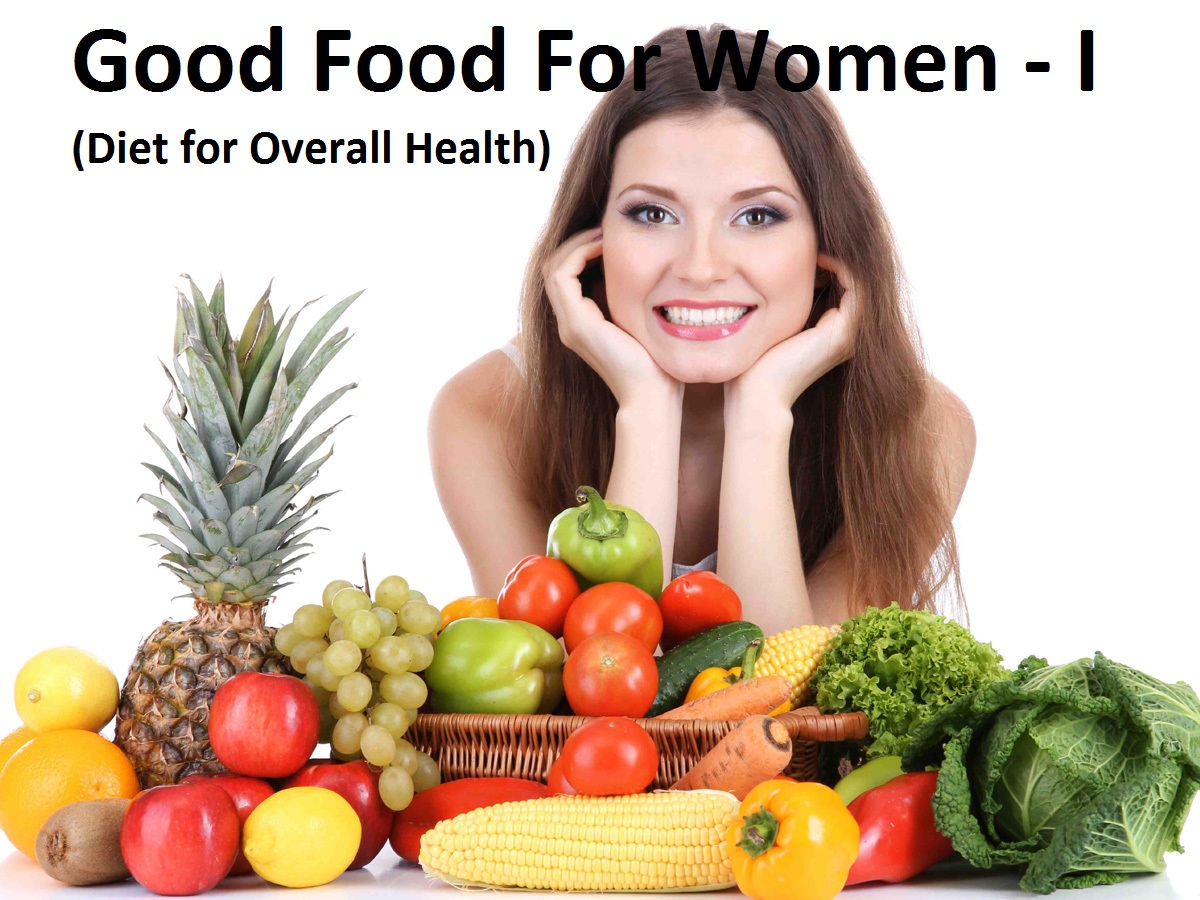Nutrition for Women's Health

The Importance of Nutrition for Women's Health
Women have unique nutritional needs that differ from men. They require more iron due to menstrual bleeding and pregnancy, and they have a higher risk of osteoporosis due to their smaller bone structure. Proper nutrition can help reduce the risk of health conditions such as breast cancer, heart disease, and diabetes.
Essential Nutrients for Women
Women should aim to consume a diet rich in the following essential nutrients:
- Calcium: essential for strong bones and teeth
- Iron: helps transport oxygen throughout the body
- Folate: important for fetal development during pregnancy
- Vitamin D: essential for bone health and immune function
- Omega-3 fatty acids: important for brain and heart health
- Protein: essential for maintaining muscle mass and repairing tissues
- Fiber: important for digestion and reducing the risk of chronic diseases
- Vitamin B12: important for nerve function and the formation of red blood cells
The Benefits of a Balanced Diet
A well-balanced diet can provide numerous benefits for women's health, including:
- Reduced risk of chronic diseases such as diabetes, heart disease, and cancer
- Improved energy levels and mood
- Healthy weight management
- Improved digestion and gut health
- Reduced inflammation and oxidative stress
Common Myths About Women's Nutrition
There are several common myths surrounding women's nutrition, including:
- Low-fat diets are always healthy
- All carbs are bad for you
- You should avoid all types of fats
- Multivitamins can replace a healthy diet
How to Incorporate Essential Nutrients into Your Diet
Incorporating essential nutrients into your diet can be simple and delicious. Here are some tips:
- Include a variety of fruits and vegetables in your meals to get a range of vitamins and minerals.
- Choose whole grains instead of refined grains for more fiber and nutrients.
- Include lean protein sources such as chicken, fish, tofu, and beans in your diet.
- Choose low-fat dairy products or dairy alternatives such as almond or soy milk.
- Include healthy fats such as nuts, seeds, and avocado in your diet.
The Pros and Cons of Supplements
Supplements can be a useful addition to a healthy diet, but they should not replace whole foods. Here are some pros and cons of supplements:
| Pros | Cons |
|---|---|
| Can help fill nutrient gaps in your diet | May not be as effective as whole foods |
| Convenient and easy to use | Can interact with medications |
| May be beneficial for certain health conditions | Can be expensive |
FAQs
Q: What are the best foods for women's health?
A: A well-balanced diet that includes a variety of fruits, vegetables, whole grains, lean protein, and healthy fats is best for women's health.
Q: How much iron do women need per day?
A: Women need 18 milligrams of iron per day, while pregnant women need 27 milligrams.
Q: Can supplements replace a healthy diet?
A: No, supplements should not replace a healthy, well-balanced diet.
Q: Do women need to take a multivitamin?
A: It depends on the individual's diet and nutrient needs. It's best to consult with a healthcare professional before taking any supplements.
